New Delhi, 6 Ramadhan 1436/23 June 2015 (MINA) – For millions of Indian Muslims, the holy fasting month of Ramadan, which started last Friday, June 19, is not only about fasting and feasting, dedicating it for spiritual reflection and prayers.
“I feel complete change in myself during this holy month. The spiritual atmosphere really changes our life,” Asif Ansari, a Muslim youth who tries not to miss any namaz (prayer) during this month, told On Islam quoted by Mi’raj Islamic News Agency (MINA) as reporting.
“I cannot describe my feelings; I feel so energetic and eager to performing the special prayers (taraweeh) at night despite observing daylong fast,” he added.
During the month of Ramadan, almost all the mosques remain jam-packed for special taraweeh prayers during which portions of Qur’an are recited.
People in large numbers attend the prayer, listen to the noble Qur’an and pray for peace and amity.
“I prefer to attend taraweeh at the mosque which completes Qur’an recital on the 27th day of Ramadan. I really feel that special prayers at night bring us closer to Allah during this month,” said Sharique Khan, an executive with a private company, who gets time only in the evening to offer namaz at mosque.
In India, Qur’an recitation is organized from 5 to 27 days during taraweeh in different mosques, giving the people the freedom to participate in special prayers according to the availability of time at any mosque they wish.
In some places, the mosque management even provides a translation of the Qur’an in the local language after special prayers.
Muslim scholar Mufti Shees said that in Muslim countries people get relaxation from their work during this month. But in India, Muslims have to fix timings in a way so that people could attend namaz after attending to their work.
“There are people who have to travel because of their work. They have the option to attend to special prayers of 7 to 10 days so that they can listen to the complete recitation of Quran at least once in a year during this month,” said Mufti Shees to OnIslam.net.
“Although we urge the devout not go for shorter version we provide them for those who have to move from one place to another because of their work and are short of time.”
Ramadan is the holiest month in Islamic calendar.
In Ramadan, adult Muslims, save the sick and those traveling, abstain from food, drink, smoking and sex between dawn and sunset.
Muslims dedicate their time during the holy month to be closer to Allah through prayers, self-restraint and good deeds.
It is customary for Muslims to spend part of the days during Ramadan studying the Noble Qur’an.
Many men perform i`tikaf (spiritual retreat), spending the last 10 days of the month exclusively in the mosque.
Mosques Prepared
Facing various challenges during the Ramadan month, various mosques in India have made special made to accommodate maximum number of people inside the mosque.
Earlier, the rising number of people had to offer taraweeh prayer outside mosques on roads causing inconvenience to others. However, there are many places where people still have to offer prayer outside the mosque.
“It is something which cannot be rectified quickly. With the increase in Muslim population and those attending these special prayers, it is a challenge for mosques to accommodate all of them on their premises,” Irshad Hasan, who looks after planning of a mosque in central India, told OnIslam.net.
However, people feel that majority of managing committees of mosques in India have done a remarkable work with limited funds.
“Almost every mosque in India depends on donations from individuals. Expansion or any construction work requires funds and that funds come from the members of the community here in India,” said Arif Aziz, a journalist who has written a book on mosques in central Indian city of Bhopal.
“They have utilized the available resources in the best possible way.”
Meanwhile, mosque administrators in many parts of the country are facing another challenge with Hindu hardliners pitching for ban on use of loudspeakers during Fajr Azan (prayer call from mosque at dawn) as it disturbs others since most of them are asleep at this time.
Some Hindu organizations have even approached High Courts in their respective states in this regard, but without success so far.
“People in this country, whether Hindu or Muslim, are free to follow their own religion. But this does not mean that they (Muslims) should misuse this freedom and cause hardship to others,” Ashutosh Jaiswal, leader of radical Hindu outfit Hindu Mahasangh, told OnIslam.net.
“Our associated organizations have approached courts. We believe that use of sound amplifiers during early morning prayers should be prohibited as it a real nuisance for all non-Muslims.”
Muslims, on the other hand, are outraged over the demand and see it as an infringement on their religious freedom.
However, the issue is not likely to snowball into a major controversy at least for the time being as Ramadan promotes amity, fraternity and harmony and even diehards would not do anything to disturb amity during this time.
Muslims account for 180 million of India’s 1.1 billion people, the world’s third-largest Islamic population after those of Indonesia and Pakistan. (T/P006)
Mi’raj Islamic News Agency (MINA)
Also Read: Pakistan Condemns Israeli Settler Attacks in West Bank, Al-Aqsa Storming





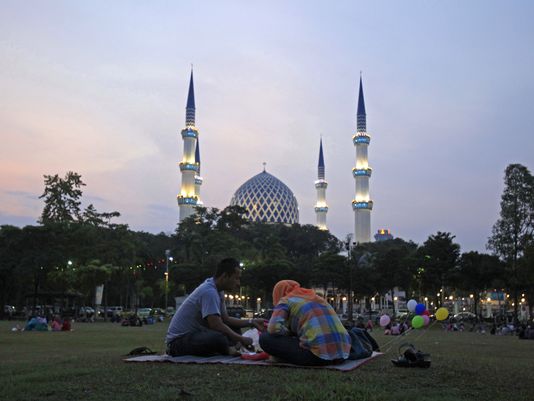




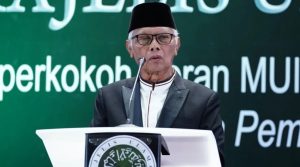

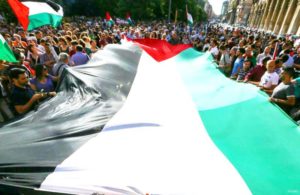


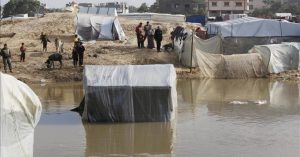
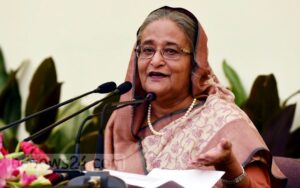

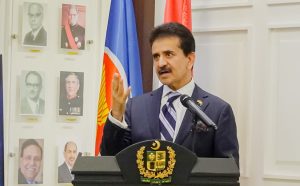


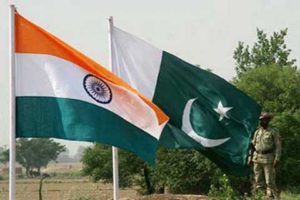













 Mina Indonesia
Mina Indonesia Mina Arabic
Mina Arabic